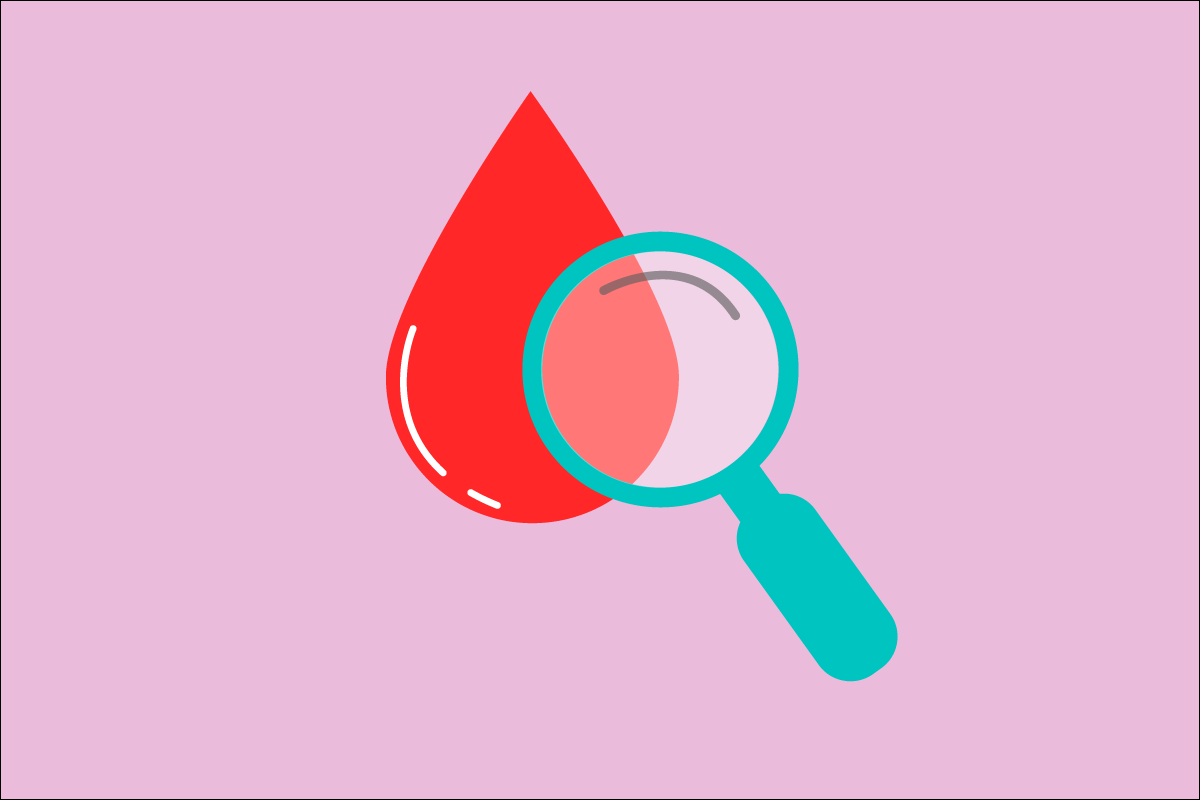Blood sugar is something we hear a lot about, especially as it relates to diabetes. Yet few of us understand how blood sugar impacts our energy levels and overall health day-to-day.
“Blood sugar, or blood glucose, is the primary sugar found in your blood,” says Leslie Cornett, registered dietitian-nutritionist at BlueCross BlueShield of Tennessee. “Blood sugar comes from the food you eat and is carried to all of your body’s cells to use for energy.”
How is blood sugar measured?
Cornett: Normal blood sugar levels indicate that sugar is being carried throughout your body efficiently to be used as energy.
If your blood sugar levels are consistently too high or too low, that can cause health problems such as:
- Diabetes
- Heart disease
- Stroke
- Kidney disease
- Blindness
- Hypoglycemia (low blood sugar)
- Weakened immune system
- Erectile dysfunction
- Nerve damage
- Poor circulation
- Slow wound-healing
Breaking down blood sugar
| Blood sugar levels | |
| Low | 70 or below |
| Normal | 70-99 |
| High | 100+ |
| · Prediabetes | · 100-125 |
| · Diabetes | · 126+ |
| Measured in milligrams per decilitre (mg/dL) | |
What effect does low blood sugar have?
Cornett: If your blood sugar is lower than 70 mg/dL, that’s called hypoglycemia. It occurs when you use up your energy stores and don’t replenish them. For example, if you’re really active one day but forget to eat, you might become hypoglycemic until you eat something.
Symptoms of low blood sugar include:
- Shaking
- Sweating
- Hunger
- Anxiety
- Pale skin
- Fast or irregular heartbeat
- Dizziness
- Irritability
Cornett: However, if you have persistent hypoglycemia while taking a blood sugar lowering medication, it may indicate that you’re taking a higher dosage than you need. In this case, your provider can help by adjusting your medication.
What effect does high blood sugar have?
Cornett: When your blood glucose is at a normal level, it acts as fuel for your body. But when there’s too much sugar in your blood over time and your body can’t use insulin to turn that sugar into energy, it damages the vessels that supply blood to vital organs. This is what happens in people with type 2 diabetes — their bodies produce the insulin they need, but their cells are resistant to it, so it can’t do its job.
Symptoms of high blood sugar include:
- Increased thirst
- Increased urination
- Fatigue
- Blurry vision
Cornett: The first two symptoms often occur together: You’re thirsty because your body is trying to get rid of the excess sugar in your blood, so you drink more water, which causes increased urination.
Along with fatigue, those symptoms are pretty common, which is why high blood sugar and diabetes can easily go undiagnosed. People think increased thirst is just due to warm weather; they assume that they’re tired because of everything they’ve got going on; or they chalk fatigue up to another medical condition. Often it takes something as dramatic as blurry vision to indicate that something’s really wrong.
What are the risk factors for high blood sugar?
Cornett: We can break down the risk factors for high blood sugar into things we can’t control and things we can.
| Things you can’t control | Things you can control |
| · Being over age 45
· Ethnic background* · Genetics, which can predispose you to type 1 and type 2 diabetes |
· Being overweight
· Being physically inactive · Making unhealthy food choices · High cholesterol caused by lifestyle |
*According to the American Diabetes Association, the following people are at higher risk for type 2 diabetes than caucasians:
- American Indians/Alaskan Natives
- Hispanics
- Non-Hispanic Blacks
- Asian Americans
What tips can everyone use when it comes to blood sugar?
Cornett: If you have diabetes or think you might be at risk, talk to your doctor. Treatment can make a huge difference in your quality of life.
If you don’t have high blood sugar, prevent it! It’s much easier to prevent a condition than to treat it. Keep your blood sugar at a normal level by maintaining a healthy weight, being physically active and eating healthy.
Are there programs for BlueCross members?
BlueCross BlueShield of Tennessee members can log into their BlueAccess account to learn about diabetes support. When members enroll in the diabetes care program, they’ll be able to get ongoing, one-on-one support from a registered nurse.
More from WellTuned
Get more information about specific health terms, topics and conditions to better manage your health on bcbst.com. BlueCross BlueShield of Tennessee members can access wellness-related discounts on fitness products, gym memberships, healthy eating and more through Blue365®. BCBST members can also find tools and resources to help improve health and well-being by logging into BlueAccess and going to the Managing Your Health tab.


